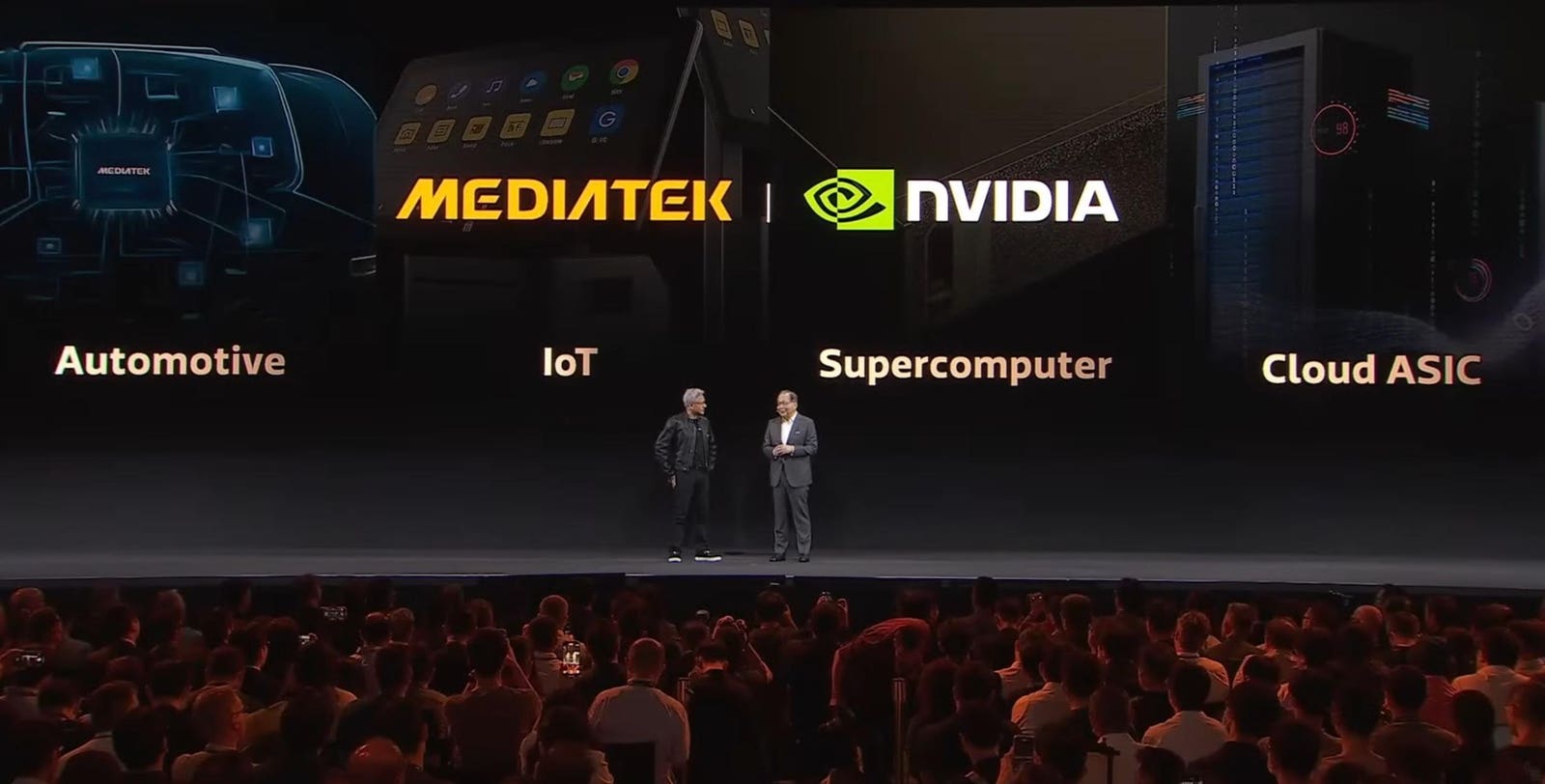Just saying “AI” won’t raise a round anymore. Founders must now show proof, performance and staying … More
In early 2023, just mentioning AI in a pitch could light up a room. VCs wrote checks. Valuations soared. Even basic chatbot integrations were rewarded like deep tech breakthroughs.
But now, the script has changed. Simply saying you use AI is no longer impressive and investors are asking harder questions. Where’s the proprietary technology? How deep is the integration? Can it deliver anything other than marketing spin?
Alexander Assim, managing partner at venture capital firm Alicorn Venture Partners, sees that pattern play out often. “Startups are often building AI into their company and domain names, even if they are not developing any proprietary AI technology,” Assim told me. That’s why, he explained, Alicorn has adopted a more rigorous due diligence process.
Real innovation, for Assim, starts with something AI can’t do out of the box. And that’s why Alicorn wants to see founders building domain-specific models — tools that can’t be lifted and dropped by anyone with a GitHub account.
“We like to see proprietary AI in verticals where generic tools just don’t work,” he said. That might be healthcare. It might be construction. But it’s never a chatbot for the sake of it.”
That sentiment — AI as a means to an end, not the headline — is now dominating conversations across the VC world. Most investors are now looking for substance — companies that use AI not as window dressing, but as a core enabler of long-term value.
Proof Over Promise
Across the AI startup world, founders are feeling the same pressure to prove their use cases or move on. “There’s always pressure to say your AI can do everything,” said David Drai, CEO of cloud cost management platform Umbrella. “But we made a conscious decision early on to over-deliver and not over-promise.”
Umbrella helps companies manage and optimize cloud costs — especially those running expensive, unpredictable AI workloads. The platform helps businesses track, forecast and understand their cloud costs at a granular level. As Umbrella works to cut cloud costs for its clients, Drai said the team gets asked all the time “what’s real and what’s still in the lab?”
The simple answer, he noted, is: “if it’s not live, we don’t sell it.”
At Glassbox, a digital experience analytics company that wants to help companies optimize customer experiences and improve conversion, CTO Yaron Gueta has also watched investor conversations around AI shift in real time. “At first, people just wanted to know if you were using AI,” he said. “Now, they want to know how you’re using it, where it’s embedded and what it’s delivering.”
Gueta said Glassbox showed investors how AI reduces manual analysis, accelerates time-to-insight and improves personalization, then backed it up with real use cases and customer feedback. That’s because, for him, credibility is earned early through transparency, not ambition.
“When we talk about the roadmap,” he explained, “we’re showing what’s already been sized, scoped and reviewed by engineering. That alignment is part of our DNA.”
At predictive marketing startup Voyantis, cofounder Ido Wiesenberg had a story to tell investors, but AI wasn’t the headline. “We didn’t lead with AI,” Wiesenberg noted. “We led with the results: customers seeing over 20% ROI improvement by using our predictive value signals. That kind of impact has fueled our own growth, with our revenue tripling two years in a row.”
Those results are powered by AI — specifically, a platform that predicts customer lifetime value and orchestrates campaigns based on that insight. But the point isn’t that the company uses machine learning; it’s that it works. According to Voyantis, companies like Miro and MoneyLion have already seen the upside after using the Voyantis platform, with one case study reportedly showing a 35% increase in annual subscriptions.
The converging theme across these startups is that results speak louder than buzzwords. Founders now have to cut through the hype and prove their AI delivers real value. Why? Because investors are listening differently.
Investors Have Heard It All Before
While there might be other reasons so many founders are tightening up their AI story, a major factor is that investors have changed how they approach AI companies. They’ve seen too many pitch decks filled with lofty AI claims and not enough traction. According to Assim, when a company is pre-product, pre-revenue and the R&D team lacks relevant experience, that’s a red flag.
Instead, he advised founders to focus on retention, renewal rates and customer wins. “Let the results speak. That’s what separates good AI stories from great ones.”
Investors, he added, are no longer buying the label. “It’s no more just about whether you use AI,” agreed Drai. “It’s about whether it delivers.”
Gueta sees a similar trend. “Expectations are rising, but so is the sophistication of the conversation,” he noted. “Founders who show they can scale AI, measure its impact and align it with customer needs are the ones who win now.”
What Investors Want Now
If there’s one thing that unites these founders, it’s their collective restraint. While they aren’t chasing the AI hype cycle, they’re building businesses where AI is essential, but not performative.
“We didn’t build Voyantis because AI is trending,” Wiesenberg noted. “We built it because it’s the right engine to power what comes next. The timing just happens to be right.”
That mindset — focused, patient and grounded in real needs — might just be the new standard for AI fundraising. Because in a market flooded with AI claims, the winners won’t be those who say they use it, but those who can demonstrate that it delivers real outcomes.









